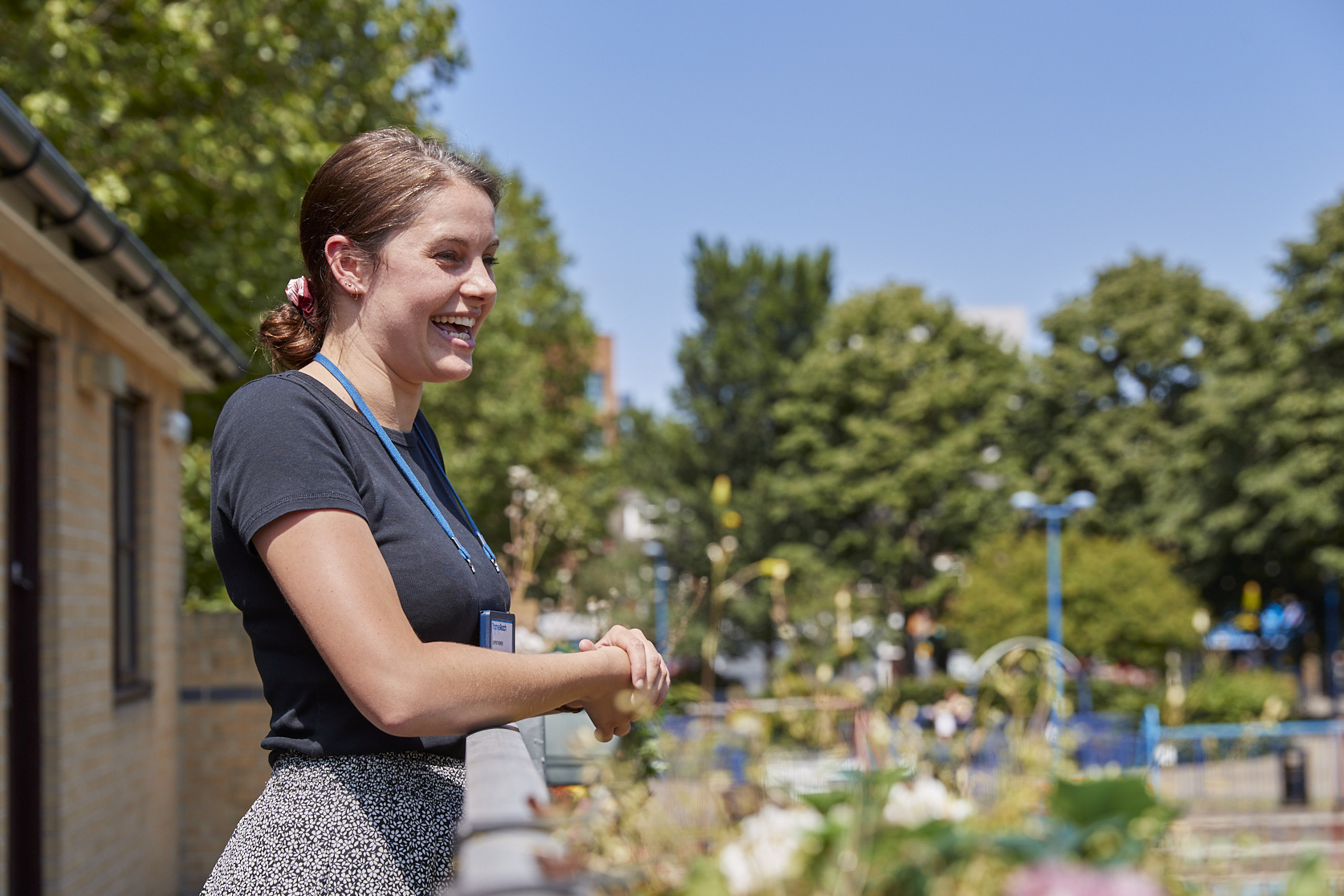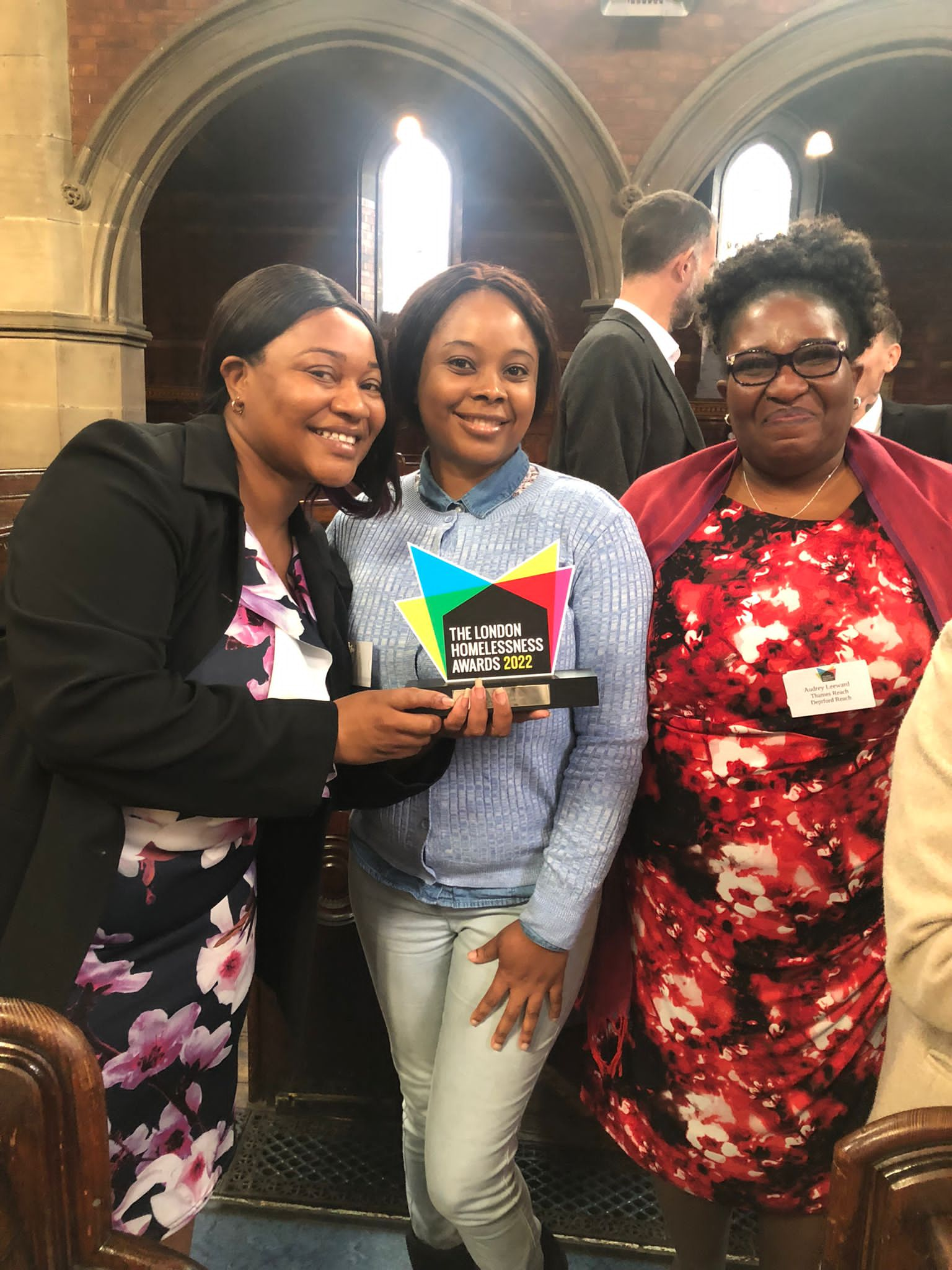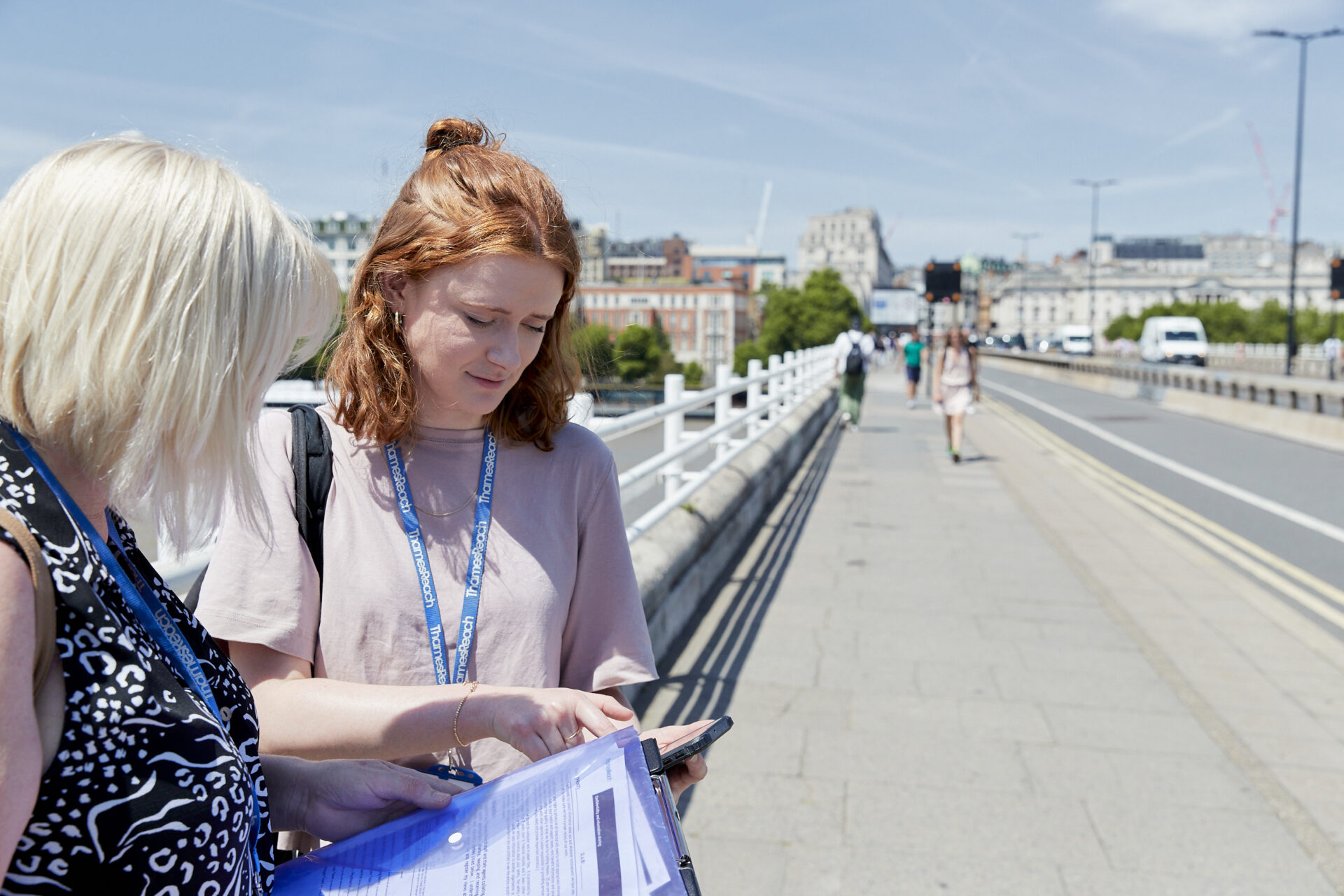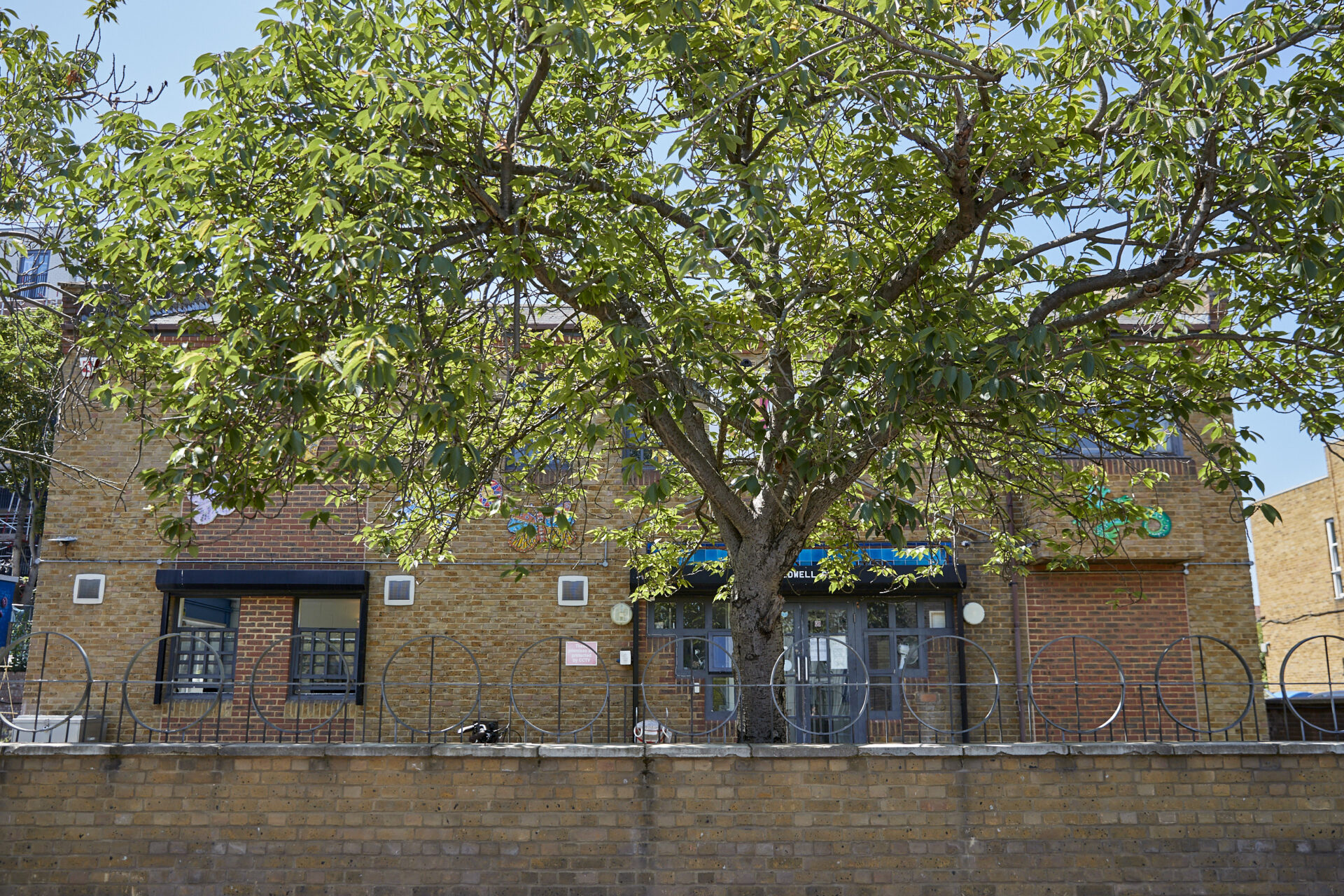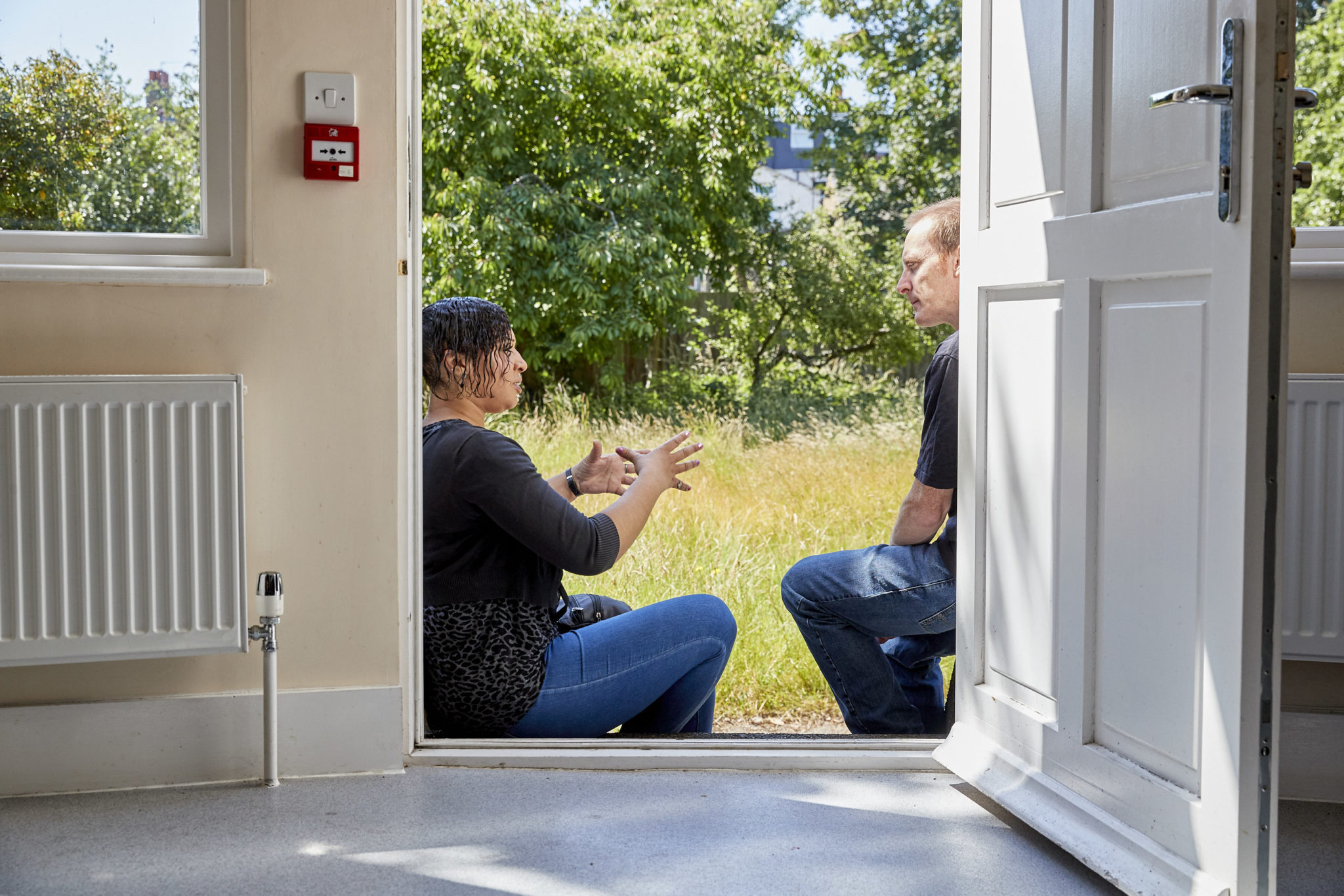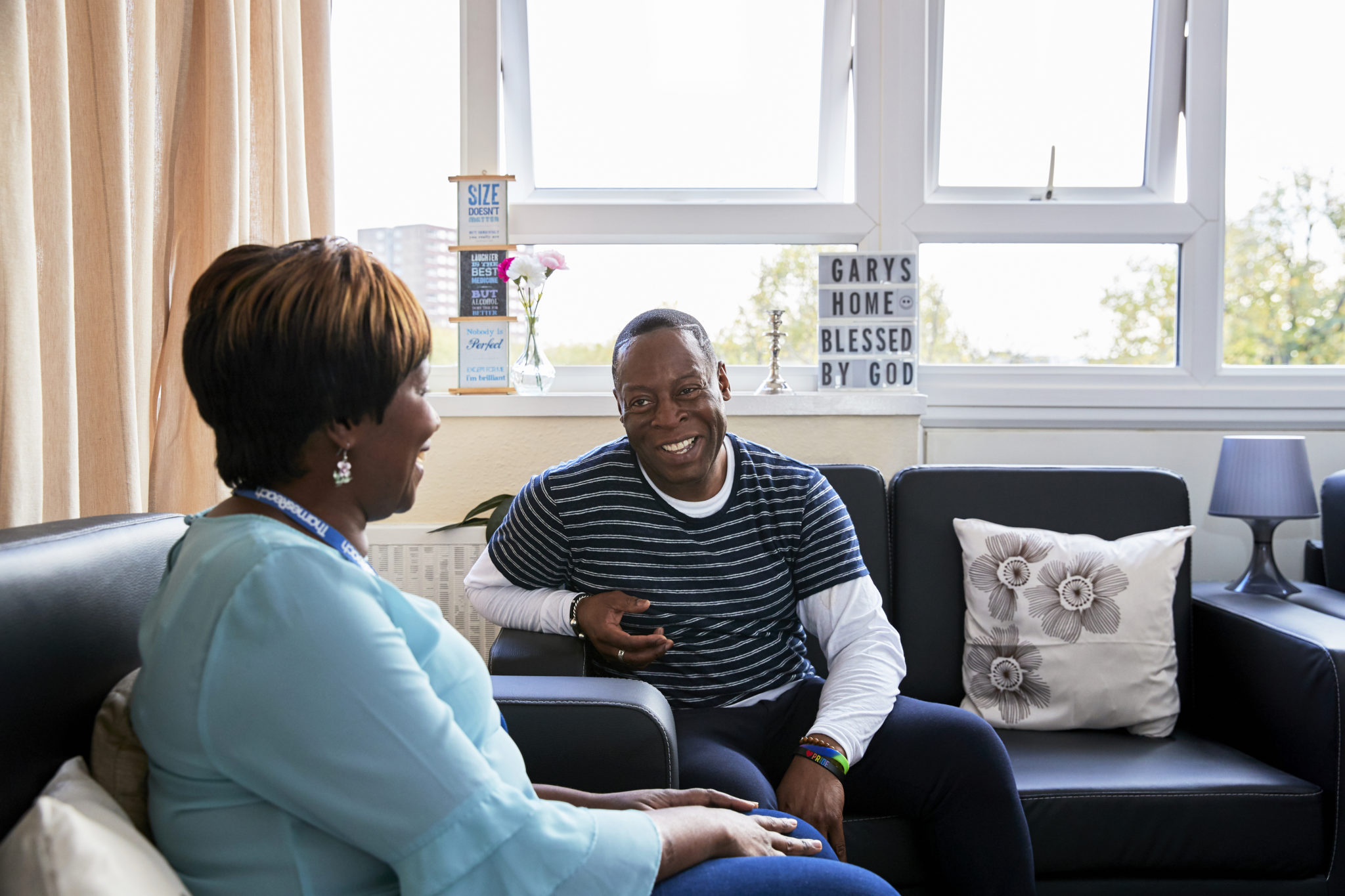Three projects from across London have been named as winners of the prestigious London Homelessness Awards for 2022. They will share cash prizes totalling £60,000.
The London Homelessness Awards are sponsored by London Housing Foundation, London Housing Directors, The Mayor of London, Crisis and Shelter.
We received over 30 applications for the awards and after visiting the six shortlisted projects and seeing their presentations, the judges have decided on the three top prize winners, with three other projects specially commended.
The prize winners are (in alphabetical order):
– Greenwich Winter Night Shelter
– Pathway Partnership Programme
– Thames Reach, Deptford Reach
Three further projects were particularly commended as making a special contribution to helping combat homelessness in London:
– Camden Adult Pathway Partnership (CAPP) team
– Providence Row Outreach Psychotherapy
– Riverside Street Buddies
The allocation of the prize money (first prize, £30,000, second, £20,000 and third £10,000), will be revealed at a special event at the Union Chapel on 12th October, presented by Deputy Mayor Tom Copley.
Margaret Malcolm works with the London Housing Foundation and assessed all of the applicants. She said: “With a strong field of over 30 applicants, each of these projects did well to get to the last six and are doing excellent work. The presentations and stories they told were very powerful. The winners all provide high quality services to a wide range of clients and showcase just how vibrant and innovative the homelessness sector in London continues to be.”
Bill Tidnam, Chief Executive at Thames Reach, said: “We welcome the London Homelessness Award’s recognition of the Deptford Reach community project. If we are to meet our ambition of ending street homelessness we need many more services like this, which aim to intervene to find people at risk and work with them to help them stay in accommodation.”
The three winning projects (in alphabetical order) are:
– Greenwich Winter Night Shelter: A local charity which provides emergency accommodation and support for the homeless in Greenwich. Last year, they moved away from the traditional rotating night shelter to set up a static venue. With support from over 200 volunteers, GWNS now provides single-room accommodation for nine individuals (including a women’s-only wing), 1:1 casework and advocacy, and a pet friendly drop-in day centre where anyone who is homeless or vulnerably housed can access support and faciltiies. All services have been designed by guests through focus groups to work towards breaking the cycle of homelessness.
– Pathway: Since April 2021 five London hospitals (St Georges, Croydon, St Mary’s/Imperial, the Homerton and Ealing/Northwick Park) have introduced Pathway’s model of care for homeless patients and have signed up to Pathway’s Partnership support programme. The model is based on work pioneered at UCLH in 2009. In return for an annual fee, each team receives support and training from Pathway’s core staff, access to their on-line service manual and specialist support networks.
– Thames Reach: Thames Reach’s Deptford Reach service provides advice and support to people in the community at risk of, or experiencing, homelessness, working to resolve and signpost issues such as claiming benefits, employment, mental and physical health needs and unsuitable accommodation. Deptford Reach has always had a strong reputation for casework advice that helps prevent and resolve homelessness. An enforced temporary closure due to the first lockdown, followed by a review of the service, allowed Deptford Reach to adapt to prevent homelessness more effectively. Having existed as a day centre for many years, stigmas around homelessness have meant that there is a demand for people to access support in different locations. The team now works in seven spaces across Lewisham. As a result, Deptford Reach now works with a wider range of people, offering drop-in crisis and brief intervention work, with a capacity to resolve complex needs that prevent the loss of accommodation.
details about the London Homelessness Awards can be found at www.lhawards.org.uk
-Ends-
Notes to editors
Thames Reach is a charity based in London, supporting people facing homelessness through prevention, intervention, and recovery. The charity specialises in helping people with complex and multiple needs, including mental health and drug and alcohol use. It manages a range of services, including street outreach, frontline hostels, day services, specialist supported housing and employment and skills schemes. Thames Reach’s mission is to assist homeless and vulnerable adults to find decent homes, build supportive relationships and lead fulfilling lives. thamesreach.org.uk
For more information, please contact:
Thames Reach Communications team:
media@thamesreach.org.uk
